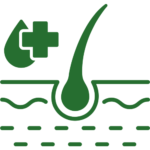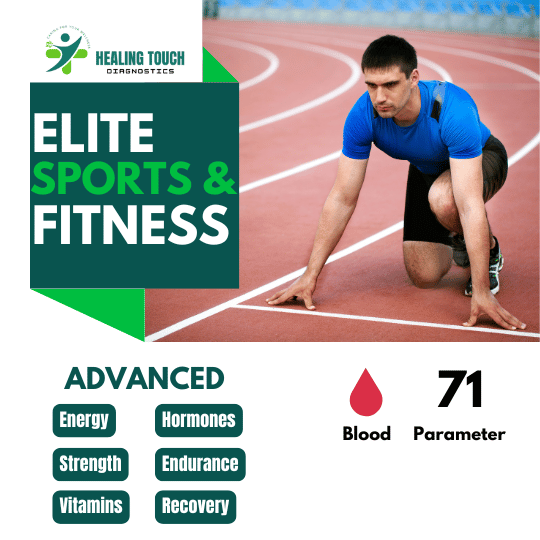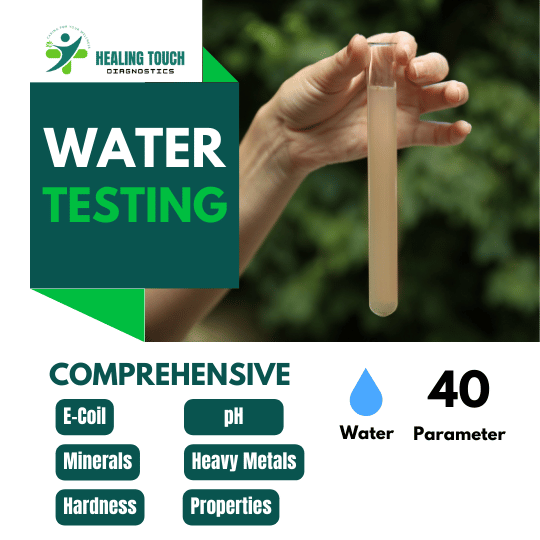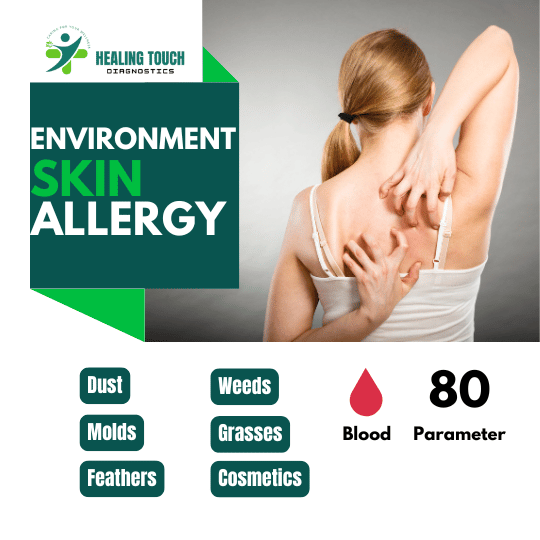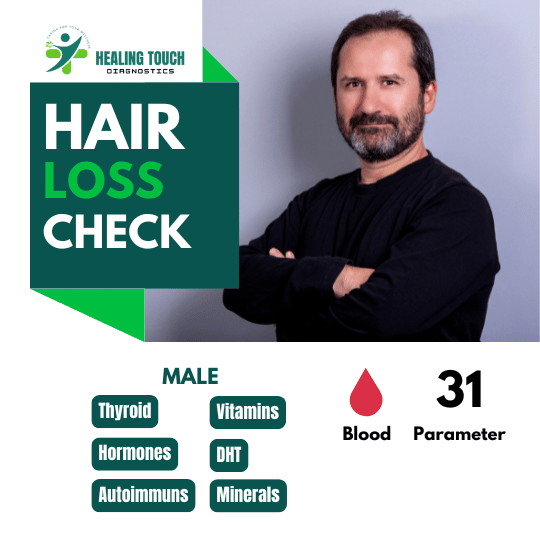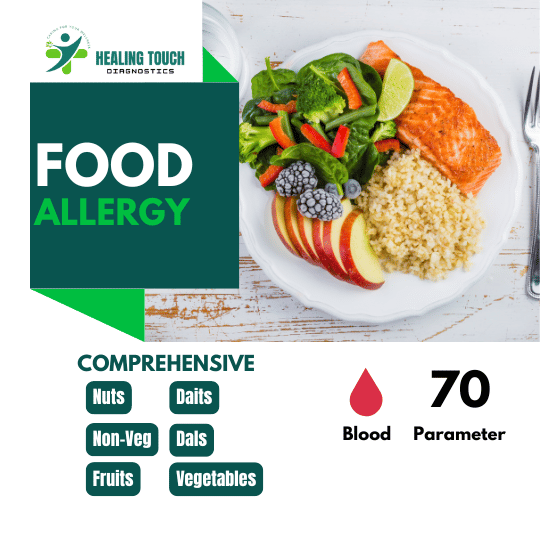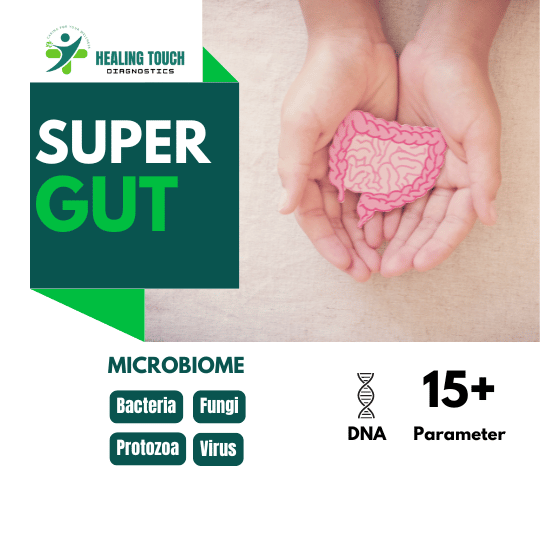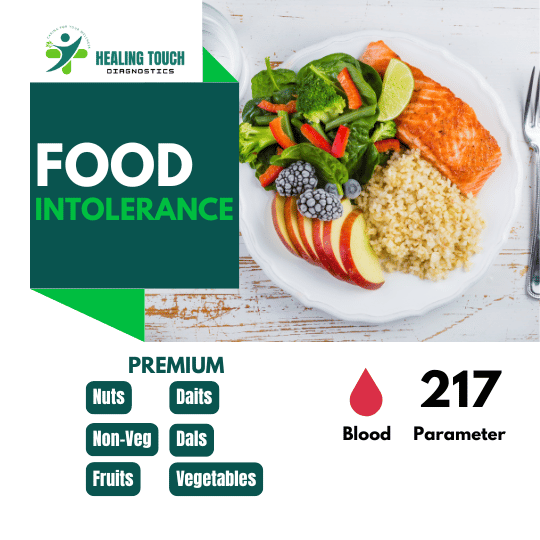
About the IgE, Skin & Respiratory Allergy Test
Allergies occur when your immune system reacts to certain foreign substances like dust, pollen, smoke that don’t cause a reaction in most people.
Your immune system produces proteins known as antibodies that help protect you from unwanted invaders that could make you sick or cause infection. In the case of allergies, your immune system produces antibodies that identify a particular substance (allergen) as harmful, even though it isn’t. When you’re exposed to the allergen, the antibodies release a number of chemicals, such as histamine, that can inflame your skin, sinuses, airways, or digestive system.
Symptoms of Skin & Respiratory Allergy
Eczema is a condition that makes your skin red and itchy. It’s common in children but can occur at any age. Eczema is associated with allergies, and it may be accompanied by asthma or hay fever.
Other signs and symptoms include patches of thickened, cracked and scaly skin, and small, raised bumps that may leak fluid and crust over. In some people, eczema flares periodically and then clear up for a time, even for several years.
Skin and Respiratory Allergies testing process
Skin allergies (veg or non veg) are diagnosed with the help of a blood test where a blood sample is sent to a laboratory for analysis. The laboratory checks the blood for IgE antibodies to specific allergens like dust, pollen etc. If enough IgE antibodies to a particular allergen are in the blood, it’s very likely that the person is allergic to it.
About the Quality
Quality assurance is done at 3 levels
- Sample collection from home using one time sealed QR coded sterile kits and transportation to the lab including the temperature condition requirements
- Sample acceptance and QC at the lab
- Sample run at the NABL/CAP/ISO certified labs
 Comprehensive Test Range
Comprehensive Test Range
 State-of-the-Art Facilities
State-of-the-Art Facilities
 Easy Slot Booking
Easy Slot Booking
 Quick Results
Quick Results










































